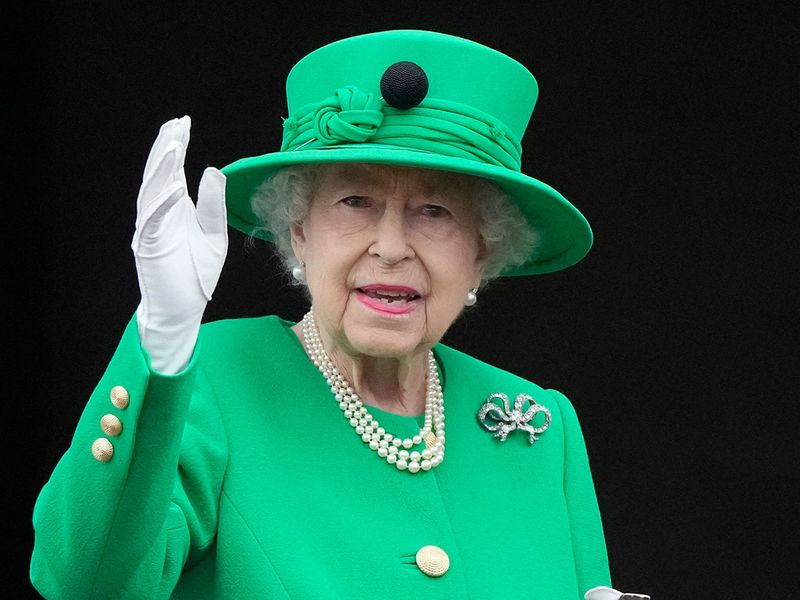
If you have a passport, you have a key to doors all around the world.
Click start to play today’s Spell It and discover what an Egyptian ‘mummy’ has to do with this document.
Passports have been used for centuries the world over, to represent the identification of citizens. The earliest reference to it was found in a document dating to 450BC, in Jerusalem. Today, this little booklet is a powerful and significant aspect of our travel essentials. But not all travellers with a passport are the same. Here are a few surprising facts about how passports are being used:
1. Mummy on board
No passport-like document existed in ancient Egypt. But when the mummy of Ramses II (who died in 1213 BC) had to be flown to Paris, France, for restoration in 1974, the long-deceased pharaoh received a valid Egyptian passport. In fact, it even included a mugshot of the mummy’s ancient face. In the spot for ‘occupation’, his passport proclaimed: “King (deceased)”.
2. Falcons first
In the UAE, where falcons – like saker and peregrine falcons – are highly prized, the birds are required to have a passport. Falconry is a vital part of the region’s culture and heritage, and is still highly valued today. To keep the birds safe from smugglers and to keep track of their movement during falconry festivals and competitions around the world, the UAE has issued each bird its own green passport. Every falcon has its own identification number, which corresponds to the number inscribed on its leg ring.
3. Royal rights

When the former queen of the UK, Queen Elizabeth II, was alive, she travelled without a passport. The official UK Royal Family website explained why: “As a British passport is issued in the name of Her Majesty, it is unnecessary for The Queen to possess one.” Since living monarchs in the UK do not need a passport to travel overseas, the same rule will now apply to King Charles III.
What do you think of these facts? Play today’s Spell It and tell us at games@gulfnews.com.





